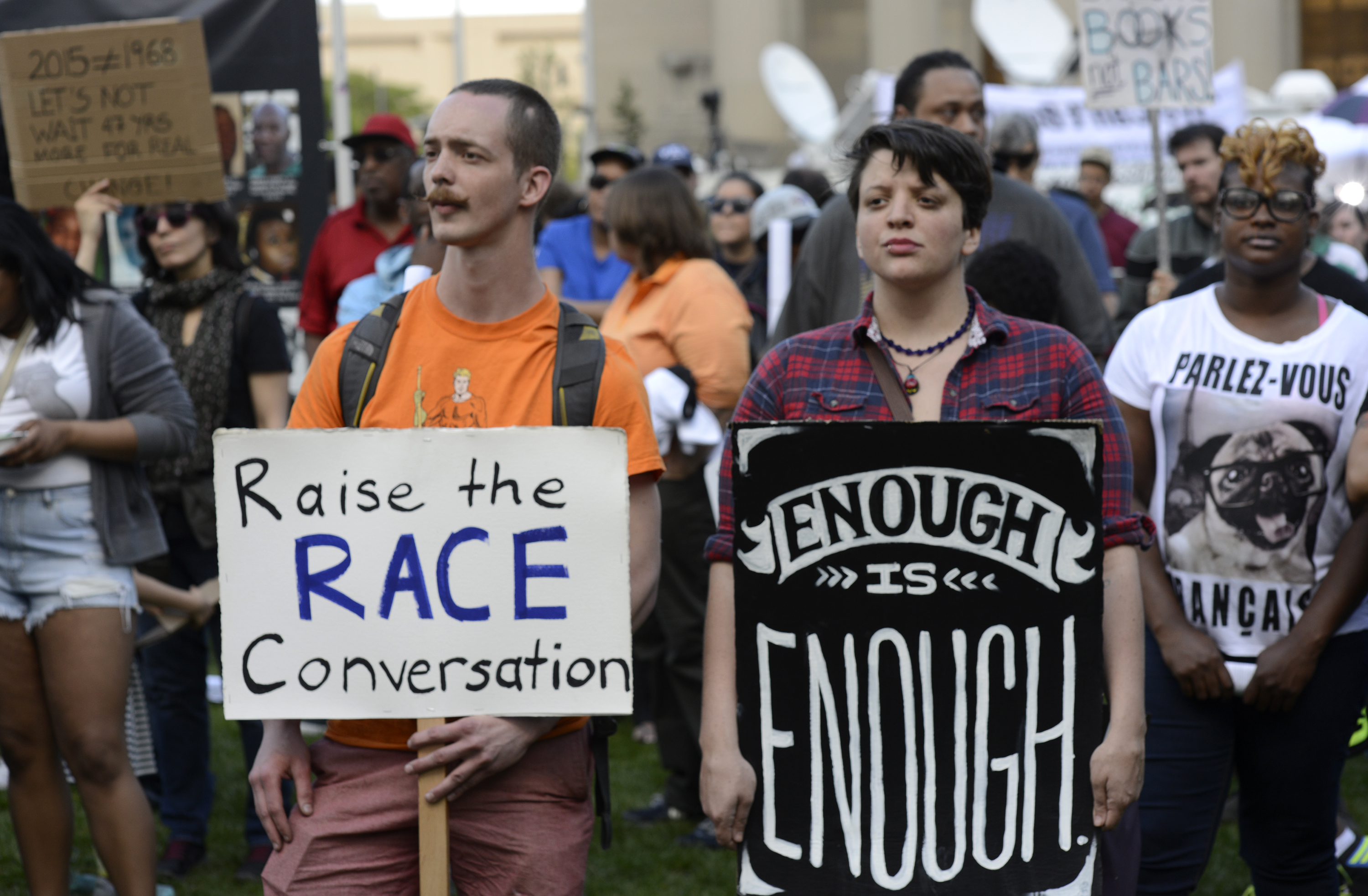As you have no doubt heard by now, President Donald Trump named Neil Gorsuch, a judge from the 10th Circuit Court of Appeals in Denver, to Antonin Scalia’s vacated seat on the Supreme Court. Obviously, he will be a conservative voice; however, the right wing of the Court does not always rule in unison; each member has unique views, so we must know Gorsuch’s specific beliefs in lieu of grouping him with the other court conservatives.
Gorsuch is a straightforward Constitutional conservative. He does not believe in changing the law through appellate cases brought before the Court. His philosophy is that law must be changed through the legislative, rather than judicial, process, an ideology constantly invoked by late Associate Justice Antonin Scalia.
No case, save for Obergefell v. Hodges (2015), drew as much attention as the Hobby Lobby (2013) case. Gorsuch wrote a concurring opinion on Hobby Lobby while still in district court, ruling in favor of the private company’s ability to claim religious exemption from providing four types of contraception categorized as abortifacients. Gorsuch also ruled on another lesser-known Supreme Court case, Little Sisters of the Poor Home for the Aged v. Burwell (2016), while still in the 10th circuit, again ruling in favor of the religious organization’s refusal to supply contraceptive coverage to their employees. His rulings follow a clear pattern of prioritizing individual religious beliefs as being subject to a great deal of protection, even against secular laws, suggesting Gorsuch will be receptive towards objections to other secular laws by private and nonprofit groups.
A major non-judicial focus of Gorsuch’s has been bioethics. He has not yet faced a case where he has had to rule on bioethical legal issues, such as abortion or assisted suicide, however, he has written well-known comprehensive books on the topic, where Gorsuch takes a clear pro-life stance. He would likely have ruled with the dissenting conservative opinion in Whole Women’s Health v. Hellerstedt (2016) in which the court voted 5-3 that Texas state laws requiring doctors to have hospital-admitting privileges and surgical facilities at their office in order to provide abortions, was ruled a “substantial obstacle” to women seeking abortions. We will likely see more 5-4 decisions when Gorsuch joins the court if and when more abortion cases reach the Supreme Court.
President Trump lived up to his promise of replacing Scalia with someone remarkably similar who applies both originalism and textualism and whose decisions will read quite similarly to those written by Scalia himself. With Gorsuch’s nomination and likely confirmation, the Court will resume the familiar voting blocs leading to 5-4 rulings on many contentious issues.
Brandon Wood is a College junior from Northridge, Massachusetts.




